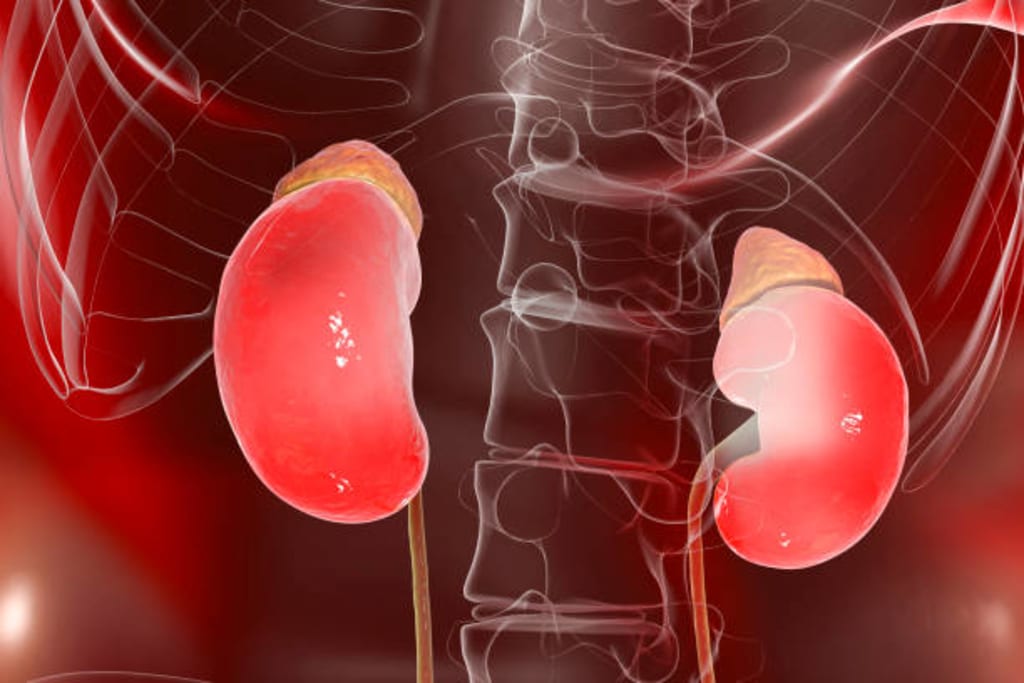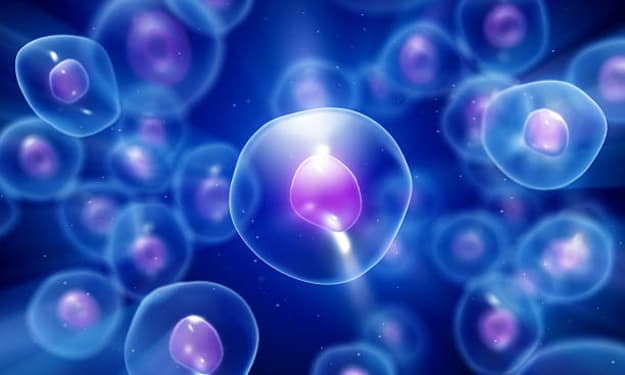CKD Risk Factors and Prevention
Stem Cell Therapy For CKD

Chronic kidney disease (CKD) is a serious problem that affects millions of people all over the world.
Unfortunately, many people are not aware of the risk factors and prevention methods for this disease.
In this guide, we will discuss the CKD risk factors and prevention methods that you should be aware of.
1. What is CKD and what are the risk factors for developing it?
CKD, or Chronic Kidney Disease, is a condition in which the kidneys are damaged and cannot filter blood properly. The two main types of CKD are Glomerular Filtration Rate (GFR) and Albuminuria.
GFR is the stage of CKD in which the kidneys are not filtering enough blood, and Albuminuria is the stage in which there is too much protein in the urine.
There are many risk factors for developing CKD, including diabetes, high blood pressure, and a family history of CKD.
People of African or Hispanic descent are also at increased risk. Treatment for CKD focuses on managing the underlying cause and slowing the progression of the disease.
There is no cure for CKD, but early diagnosis and treatment can help to prolong life and improve quality of life.
2. Prevention of CKD from developing
Chronic kidney disease (CKD) is a progressive condition that can ultimately lead to kidney failure.
While there is no cure for CKD, there are steps that can be taken to prevent it from developing, or at least to slow its progression.
One of the most important things you can do is to maintain a healthy lifestyle. This means eating a healthy diet, exercising regularly, and avoiding risky behaviors such as smoking.
If you have diabetes or high blood pressure, it is also important to closely monitor these conditions and keep them under control.
By taking these steps, you can dramatically reduce your risk of developing CKD. If you already have CKD, taking these steps can help to slow its progression and improve your overall health.
3. Early warning signs of CKD, and what should you do if you think you might have it?
Chronic kidney disease (CKD) is a condition in which your kidneys are damaged and cannot filter blood properly.
The early signs and symptoms of CKD can be hard to spot, as they may not cause any significant problems at first.
However, if left unchecked, CKD can lead to kidney failure, which can be life-threatening.
Some common signs and symptoms of CKD include:
- A change in how much you urinate
- Swelling in your ankles, feet, or legs
- Fatigue
- Difficulty breathing
- Nausea or vomiting
- Pain in your sides or back
- Dizziness or trouble concentrating
If you think you might have CKD, it's important to see a doctor for a diagnosis. There is no one specific test for CKD, but your doctor may order a blood test to check your kidney function.
They may also order an ultrasound or CT scan to assess the structure of your kidneys. Treatment for CKD typically focuses on slowing the progression of the disease and managing its symptoms.
In some cases, kidney transplant may be necessary. Early diagnosis and treatment of CKD is essential for preventing serious complications.
4. How is CKD treated
There is no one-size-fits-all treatment for CKD, as the appropriate course of treatment will vary depending on the underlying cause of the condition.
In some cases, treatment may simply involve lifestyle changes, such as quitting smoking or eating a healthier diet.
In other cases, more aggressive treatment may be necessary. This may include taking medication to control high blood pressure or diabetes, or undergoing dialysis or a kidney transplant.
The goal of treatment is to slow the progression of CKD and minimize the risk of complications. With early diagnosis and proper treatment, many people with CKD are able to live long and healthy lives.
5. Lifestyle changes or dietary modifications
Making lifestyle changes or dietary modifications can be daunting, especially if you're not used to cooking healthy meals or exercising regularly.
However, even small changes can make a big difference in your overall health. For example, adding just 30 minutes of physical activity to your daily routine can help to improve your cardiovascular health and reduce your risk of chronic diseases.
Similarly, eating more fruits and vegetables can help to boost your immune system and protect your body against disease.
Making these kinds of changes may require some effort at first, but they can have a lasting impact on your health and wellbeing.
6. Stem cell therapy for CKD
Stem cell therapy is an exciting new treatment option for patients with chronic kidney disease (CKD).
In stem cell therapy, stem cells are injected into the patient's umbilical cord. These stem cells then travel to the kidneys and begin to repair and regenerate the damaged tissue. In clinical trials, stem cell therapy has been shown to be safe and effective in treating CKD.
patients who have undergone stem cell therapy have reported significant improvements in their kidney function.
Additionally, stem cell therapy has been shown to delay or prevent the need for dialysis in some patients.
This new treatment option offers hope to patients with CKD and may someday revolutionize the way we treat this devastating disease.
Where you can find this treatment option?
If you or a loved one is suffering from chronic kidney disease, you may be wondering if there is any hope for a cure.
Thankfully, stem cell treatment options are available that may help improve your quality of life. The R3 Medical Institute offers stem cell treatments for chronic kidney disease and other serious illnesses.
Our team of experts has years of experience in providing world-class care to our patients. Contact us today to learn more about how we can help you or your loved one get back to living a healthy, happy life.
About the Creator
Health Blogs
Digital Healthcare Markter and Researcher






Comments
There are no comments for this story
Be the first to respond and start the conversation.